Dear Reader,
As the new year approaches, those of us involved in the Arts of Liberty Project have much to be grateful for. January 6 will mark the first birthday of its new parent organization, the Boethius Institute for the Advancement of Liberal Education. We have had a solid first year and are ready to expand our efforts in 2024, including publishing our Introductory Geometry and Arithmetic text by Michael Augros, author of Who Designed the Designer? Dr. Augros does an excellent job re-presenting key content from all of Euclid’s Elements in a clear, accessible way for high school students and life-long learners. This volume has been downloaded for years by many around the world from the Arts of Liberty website; its new existence in a durable, easy-to-read printed volume will introduce the wonders of classic geometry to thousands more learners.
Returning the Quadrivium to its rightful place in liberal arts studies is high on the Boethius Institute priority list. Properly presented, mathematics introduces the young mind to the life of knowledge by arousing wonder through careful reasoning. As Dr. Augros writes,
Geometry is full of wonders. At every level of this science, from the most elementary to the most advanced, we are confronted with the unexpected. Often the seemingly possible turns out to be impossible, and conversely what at first seemed impossible turns out to be possible.
wonders. At every level of this science, from the most elementary to the most advanced, we are confronted with the unexpected. Often the seemingly possible turns out to be impossible, and conversely what at first seemed impossible turns out to be possible.
Our Quadrivium students at the Pascal Instituut experienced this in a recent discussion of Euclid’s treatment of incommensurable magnitudes. Said one, “It is not possible that two lines can be incommensurable! You can divide them into parts as small as you want. You must be able to find a common measure!” And yet, Euclid shows it is not so.
Classical mathematics is so formative because it occupies the sweet spot for human knowing by relying on both imagination and argumentation. For this reason among others, encouraging the development of the imagination in the young is crucial for learning ordered to knowledge, as elementary teacher Forest Barnette points out in her article “On Early Education in the Liberal Arts:”
Imagination is not an alternative to reality – it’s the key to reality. Imagination helps us to understand the most fundamental truths around us: it helps us to explore what is beyond the physical limitations of the moment; it helps us to explore what isn’t by showing us what is preventing it from being so; and it helps us to explore what could be by going beyond the is and isn’ts and into the unknown.
Nurturing the mathematical imagination is not only delightful in itself, but also immensely helpful in making science both practical and liberating, as aeronautics engineer Liam Collins witnesses in his article, “Dr. William McLean and Imaginative Creativity.” Albert Einstein shows us his creative imagination at work in using a magical space elevator to provide the fundamental insight for his theory of general relativity.
As Socrates and Plato experienced, classical mathematics can set ablaze the love of wisdom in a budding philosopher. We taste truth and yet cannot help but question existence. Working through the Elements was my first experience of learning indubitable truth. At the same time, doubts about the reality of points without parts and breadthless lengths were also present from the very beginning. And, as far as we can tell, regular 15-sided polygons  inscribed in a circle exist nowhere in the natural world, much less inscribed dodecahedrons; probably we can't really make tangents to circles. But the delight in geometry and arithmetic does not depend upon being able to find their objects in physical reality; in some way it is enhanced because we are easily convinced that we cannot. We find them in our imagination. And yet they are true and objective -- the imagination is fed by and determined by our experience of sensible reality, as it is empowered by the intellect.
inscribed in a circle exist nowhere in the natural world, much less inscribed dodecahedrons; probably we can't really make tangents to circles. But the delight in geometry and arithmetic does not depend upon being able to find their objects in physical reality; in some way it is enhanced because we are easily convinced that we cannot. We find them in our imagination. And yet they are true and objective -- the imagination is fed by and determined by our experience of sensible reality, as it is empowered by the intellect.
I am very grateful to announce that last month we received IRS approval of our tax-exempt status. We hope the publication of Dr. Augros’s volume will just be the beginning of our Library of Liberal Arts series. Several more volumes are ready to be edited, and we need to commission our volumes on grammar, rhetoric, and music. If you are able to make a financial contribution, we will be deeply grateful. Small gifts go a long way in a new organization like ours, and also help us to show potential major benefactors that we are serving a widely felt need.
We hope your hearts rejoice in the peace of this season.
